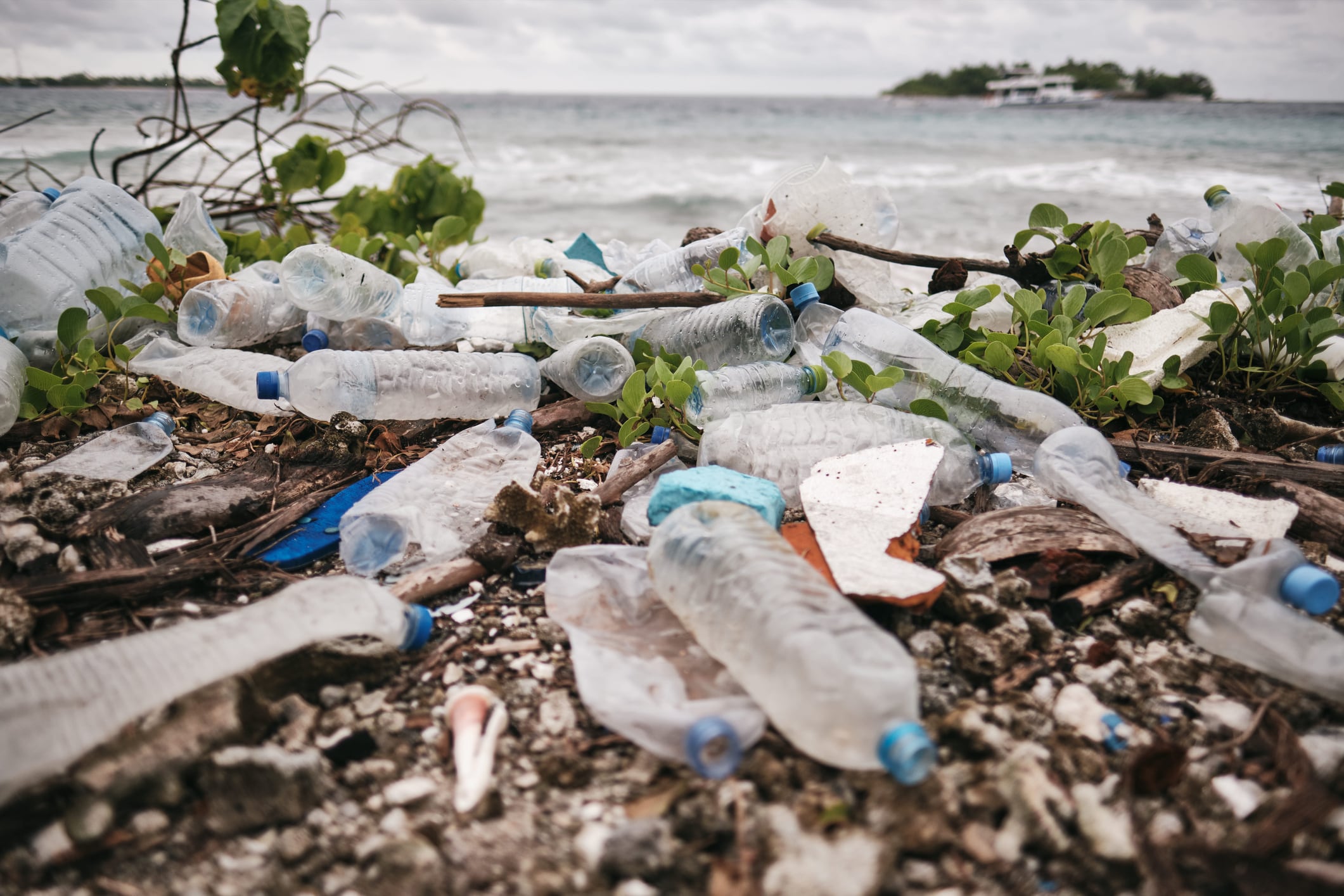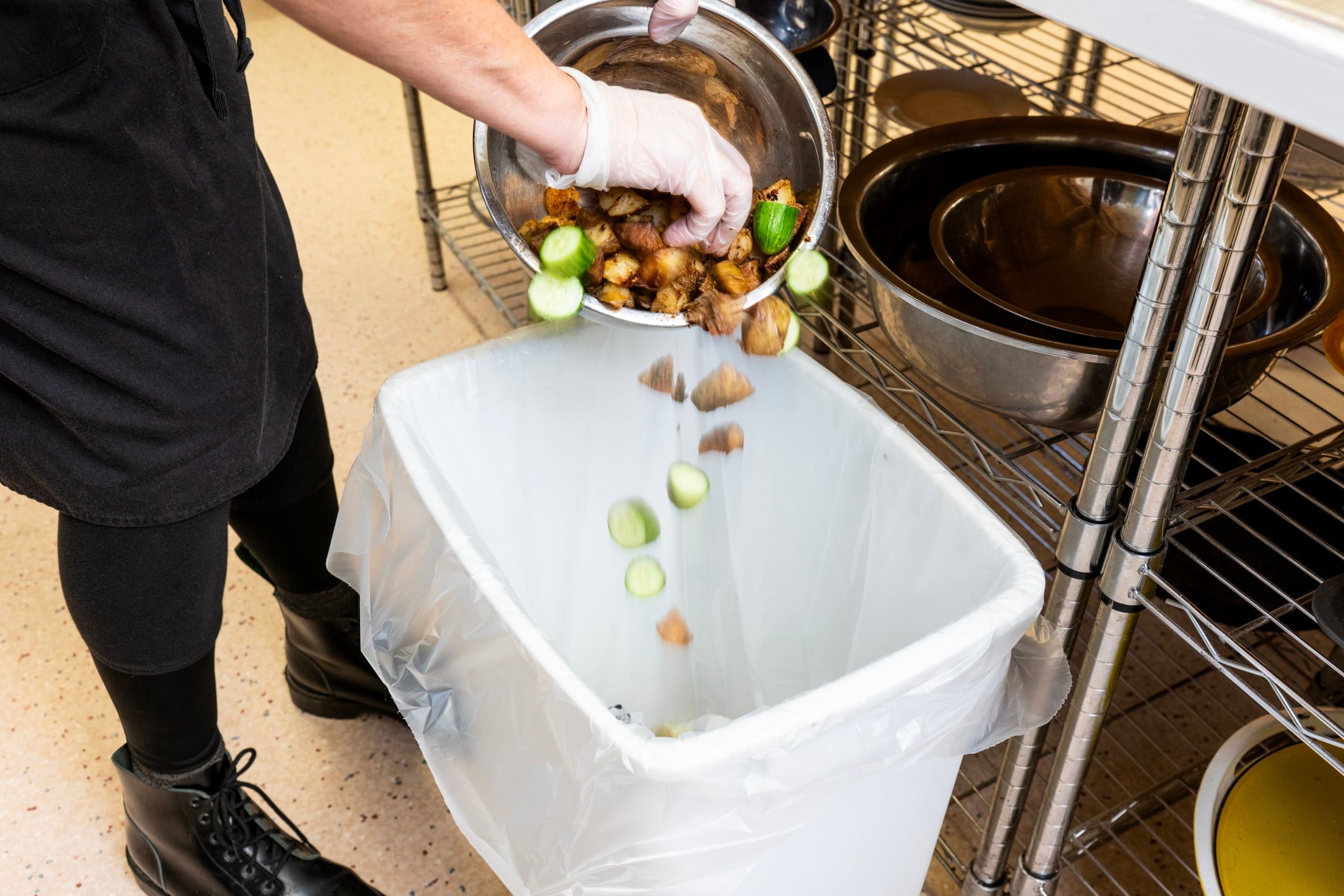City to Sea has announced it has been forced to close due to the scarcity and competitive nature of grant funding and difficult economic times for corporate partners.
The charity, which was launched in 2015, leaves behind a transformative legacy, having successfully shifted opinion, secured landmark policy changes, and spurred industry on to roll out alternatives to single-use plastic.
Along with campaigning to stop plastic pollution at source, the charity also helped drive momentum towards reuse and refill. Its Refill app, launched in 2016, has been downloaded over 750,000 times and lists more than 370,000 Refill Stations worldwide. It’s estimated that this has prevented an estimated 100 million single-use plastic bottles from entering the waste stream annually.
The charity also carried out other notable lobbying activity such as the #CutTheCutlery campaign, which helped secure a ban on single-use plastic cutlery and plates, as well as polystyrene takeaway packaging in England.
City and Sea’s last words
With UK households chucking 1.7 billion pieces of plastic a week, City to Sea’s farewell comes with forewarning, as it urges government and industry not to become complacent and to ‘step up’ for sustainable packaging.
The charity has cautioned that its closure signals a risk of ‘visionary solutions’ being lost due to ‘systemic inertia and chronic underinvestment’.
Adding weight to this warning, its closure follows closely on the heels of the INC5.2 plastic treaty negotiation breakdown, which was stalled following a lack of consensus.
Still, recent polling from City to Sea shows that 72% of UK consumers want to see more reusable, refillable and returnable options where they shop, with 76% willing to use refillable packaging for everyday items.
Jane Martin, CEO of City to Sea, said: "We’re incredibly proud of what we’ve achieved over the past decade. When we started, refill and reuse were nowhere to be seen in strategic roadmaps and business plans. Since then, we’ve witnessed real shifts with city-wide reuse initiatives across the UK and upcoming EPR and DRS legislations.’
“But despite growing public demand for reuse, the reality is that underfunding, lack of enabling regulation, and a system still optimised for single-use have made our mission as a non-profit increasingly unsustainable.’
“The new reuse economy desperately needs bolder commitments from governments, brands, and retailers. They need to be on the right side of history: It’s time to turn talk into action, with deeper investment, legally binding regulation, and cross-sector collaboration.”
City to Sea is now working with partners to secure the long-term legacy of its programmes and campaigns.





